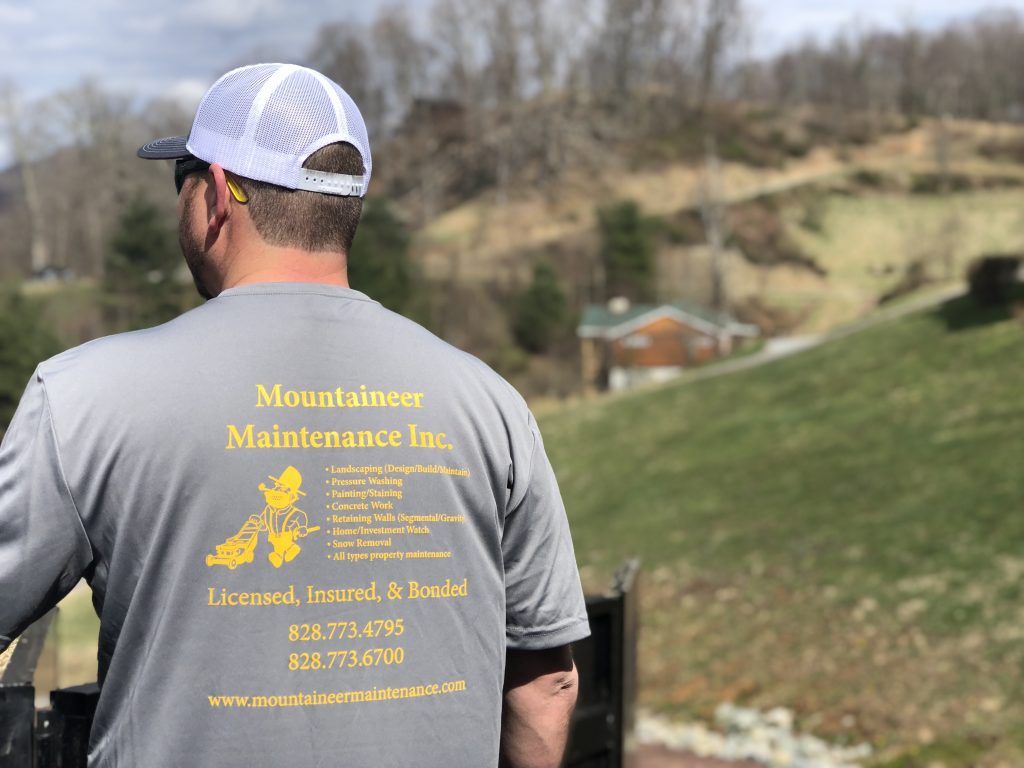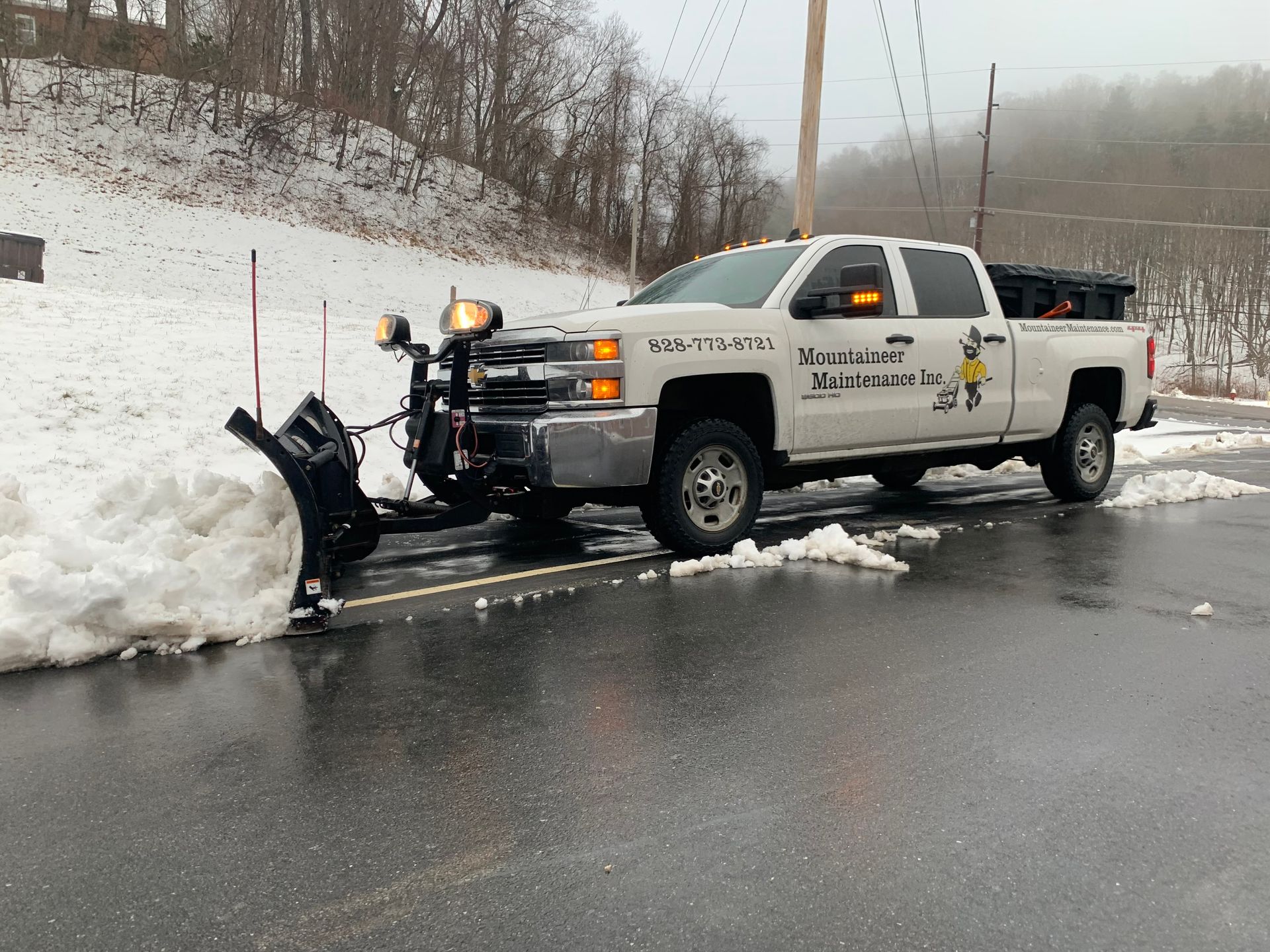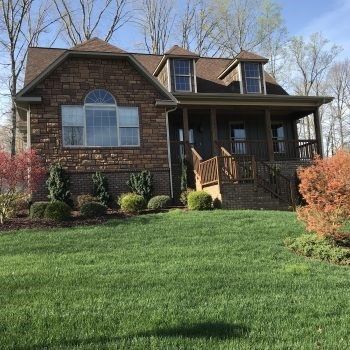Landscaping, Lawn Care & Property Services
Serving Boone, NC and the Surrounding High-Country
Providing residential and commercial property services for the North Carolina High Country
Mountaineer Maintenance serving the North Carolina High Country, started very small as many do. Sam Thompson and Dustin Presnell used their free time after High School class and during summer vacations to start building relationships and mowing grass for friends and family. Taking pride in every job and with over 20 years of referrals and repeat clients, we found ourselves with a exciting opportunity. It has given us time to build a great team and now we have multiple full-time employees and are excited to start advertising in 2019.
Our Mission
Our mission at Mountaineer Maintenance, Inc. is simple: To be the provider of choice that delivers an unmatched array of high-quality property services to every customer.
Our Vision
We are “Pioneers” of an industry, with a vision of providing our clients with peace of mind on every job. Family owned and operated since 2003, Mountaineer Maintenance has become one of the High Country’s leading landscape and property maintenance providers.
Through open communication, exceptional service, and quality work, we are sure you will find what you’re looking for with Mountaineer Maintenance, Inc.
Testimonials:
Mountaineer Maintenance, Inc. proudly serves:
- Boone
- Blowing Rock
- Banner Elk
- Seven Devils
- Foscoe
- Meat Camp
- Vilas
- Sugar Grove
- Bethel
- Valley Crucis
- Matney
- West Jefferson
- And the Surrounding High Country
Contact Us for All Your Home Maintenance Needs at (828) 773-8721











